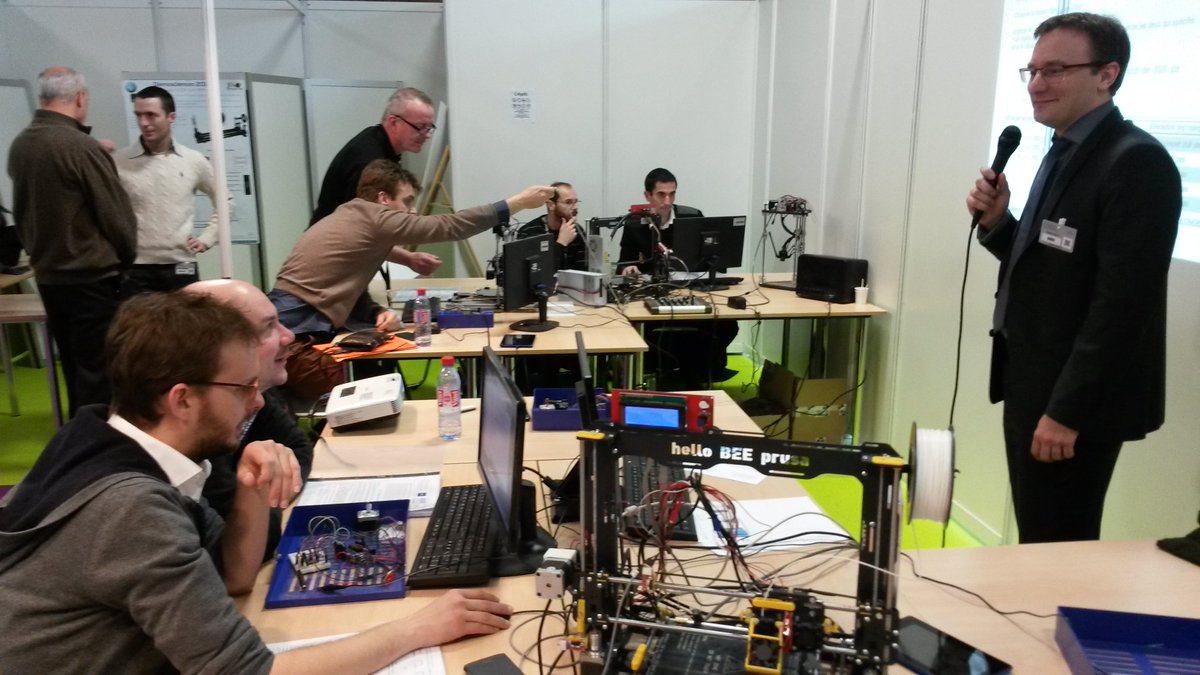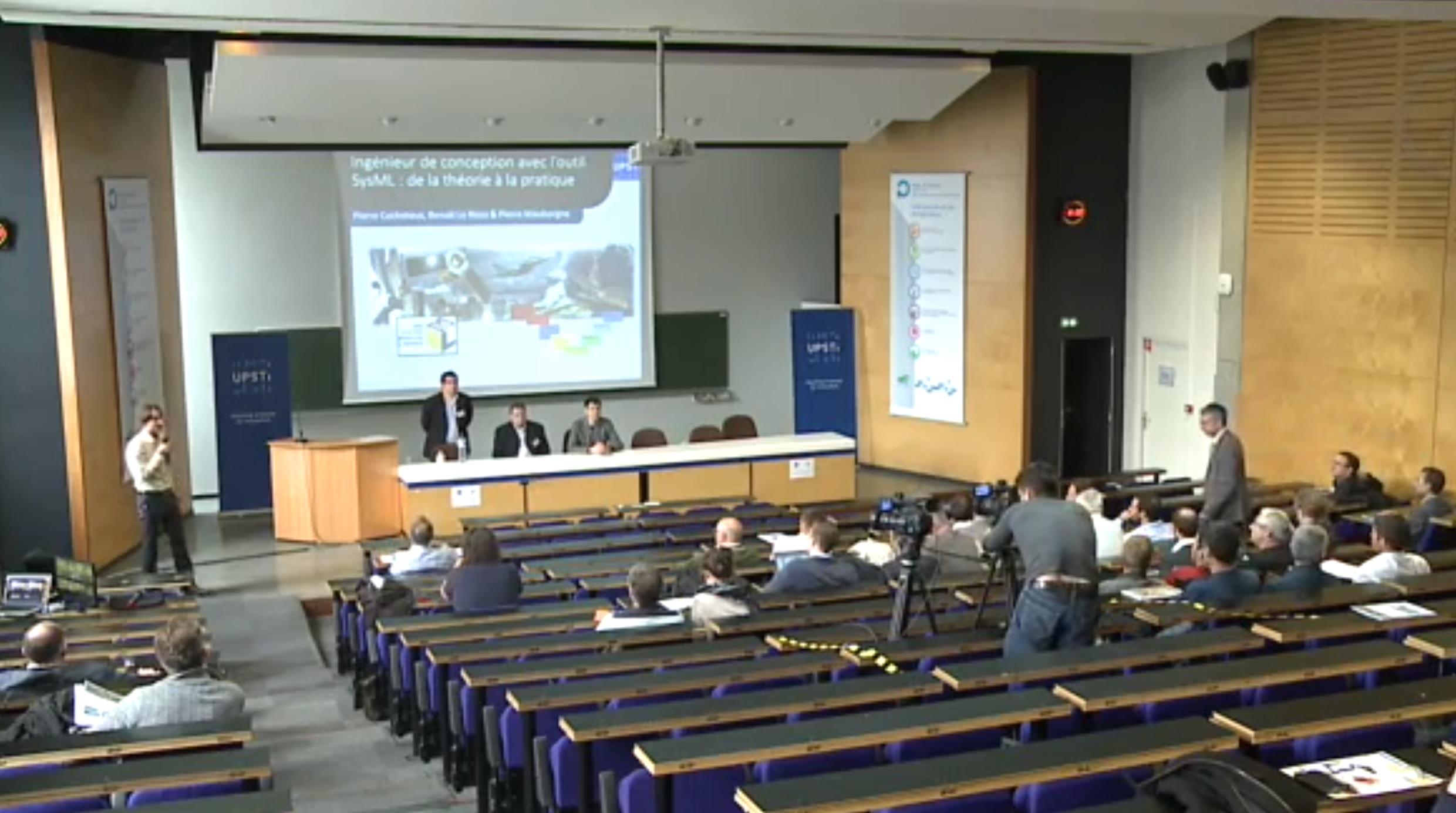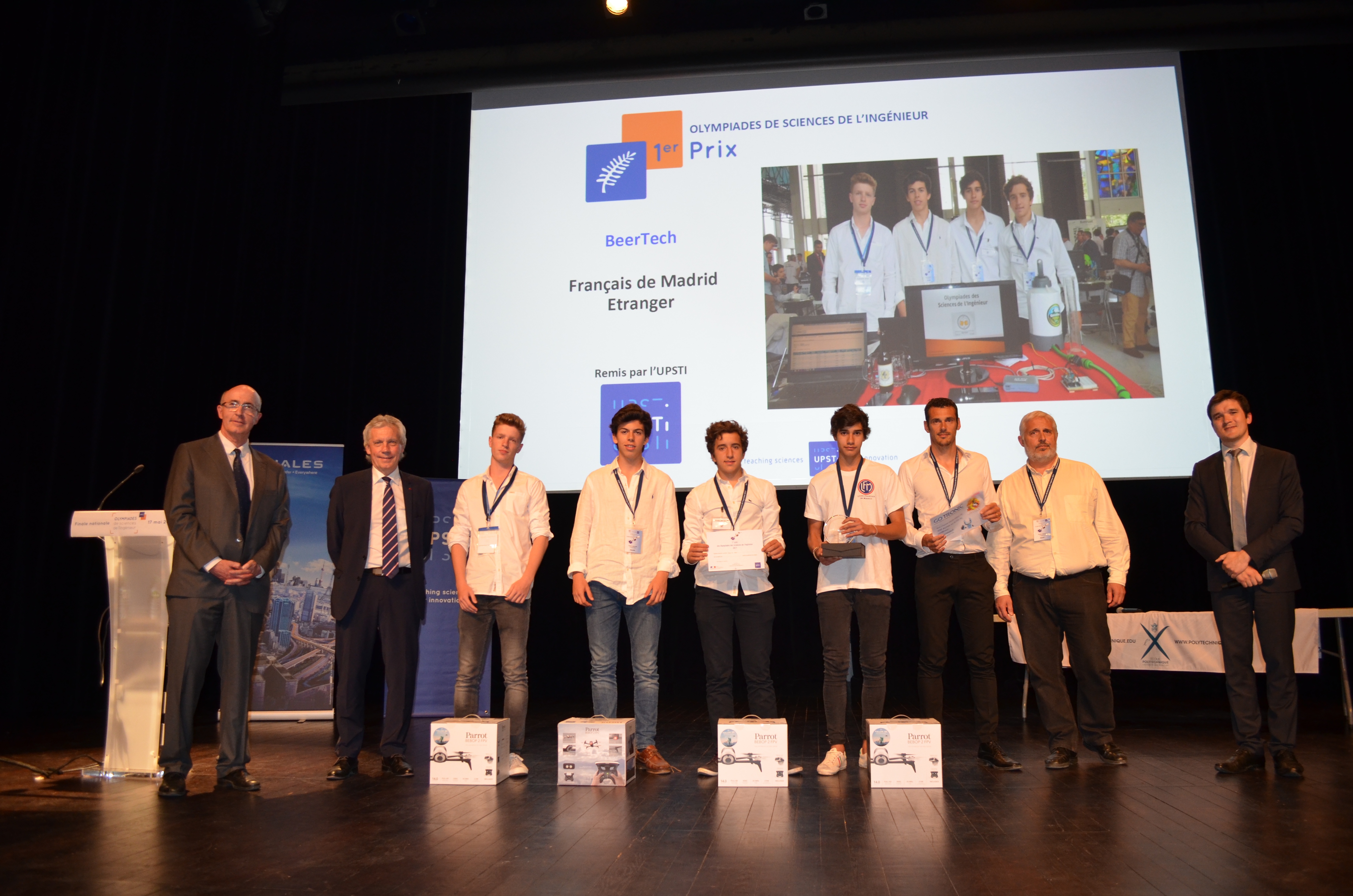Two in five workers would consider becoming teachers
More people are considering switching careers to become teachers, according to a study carried out by an educational foundation. Around 40 per cent of working people interviewed said they were interested in teaching, though many said they did not want to teach full-time or for the rest of their careers.
The study was carried out by research agency Motivaction on behalf of Stichting Platform Bèta Techniek (PBT), an organisation set up to address the shortage of skilled teachers in science subjects such as chemistry and biology. Secondary schools are also struggling to recruit teachers for foreign languages, NOS reported.
Potential teachers said they valued the chance to help children and young people get the most out of their abilities. However, many were put off by the lack of opportunities the profession offered for personal development.
A spokesman for PBT said teachers needed to be challenged more throughout their careers and not expected to teach the same material year after year. ‘If we don’t want people to drop out of education after a while, something needs to be done. We need to have an overhaul of how we think about education; it has to become much more flexible.’









